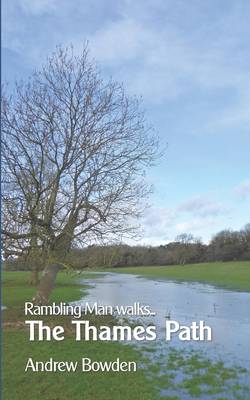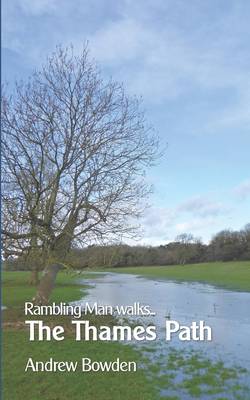
- Retrait gratuit dans votre magasin Club
- 7.000.000 titres dans notre catalogue
- Payer en toute sécurité
- Toujours un magasin près de chez vous
- Retrait gratuit dans votre magasin Club
- 7.000.000 titres dans notre catalogue
- Payer en toute sécurité
- Toujours un magasin près de chez vous
Description
The River Thames is the longest river completely in England (the Severn is the longest in the UK but spends part of its time in Wales), and one which has had the biggest impact on the country. The waters of the Thames flow through the United Kingdom's capital; a city which probably would never have grown to the size it is now had it not been for the power it derived from being a major port. At one time the river was vital for trade; goods from around the world filled warehouses on its eastern banks, whilst its western section was a valuable trading route for transporting commodities to the capital from across the country.In more recent years the railways and roads took over from water transport inside the UK, and containerisation - where commodities began to be transported around the world in large metal boxes that could be quickly unloaded from cargo ships by giant cranes - saw London's ports slowly close down. The old docks and harbours simply weren't suitable for the new way of shipping goods, and one by one they closed down with business moving out to new mega-ports out at the east. After centuries of use, the Thames began to fall slowly into decline, before finding a new use: recreation. In 1996 the Thames Path National Trail opened up; a walking trail that would take the walker between the source of the Thames in rural Gloucestershire, and the Thames Barrier on the eastern side of London.It's a National Trail like no other, with huge urban sections, and many parts under tarmac and concrete. It's nature puts some people off, but as Andrew Bowden found out when he set off walking it, the Thames Path certainly has some surprises. From major tourist attractions, to rural pubs and a tribute to the Magna Carta. And even a giant statue of Shrek.With a young baby in tow for the early stages, this is one man's tale of his three year quest to walk up the most important river in Britain.
Spécifications
Parties prenantes
- Auteur(s) :
- Editeur:
Contenu
- Nombre de pages :
- 316
- Langue:
- Anglais
Caractéristiques
- EAN:
- 9798839157545
- Date de parution :
- 17-07-22
- Format:
- Livre broché
- Format numérique:
- Trade paperback (VS)
- Dimensions :
- 127 mm x 203 mm
- Poids :
- 344 g







